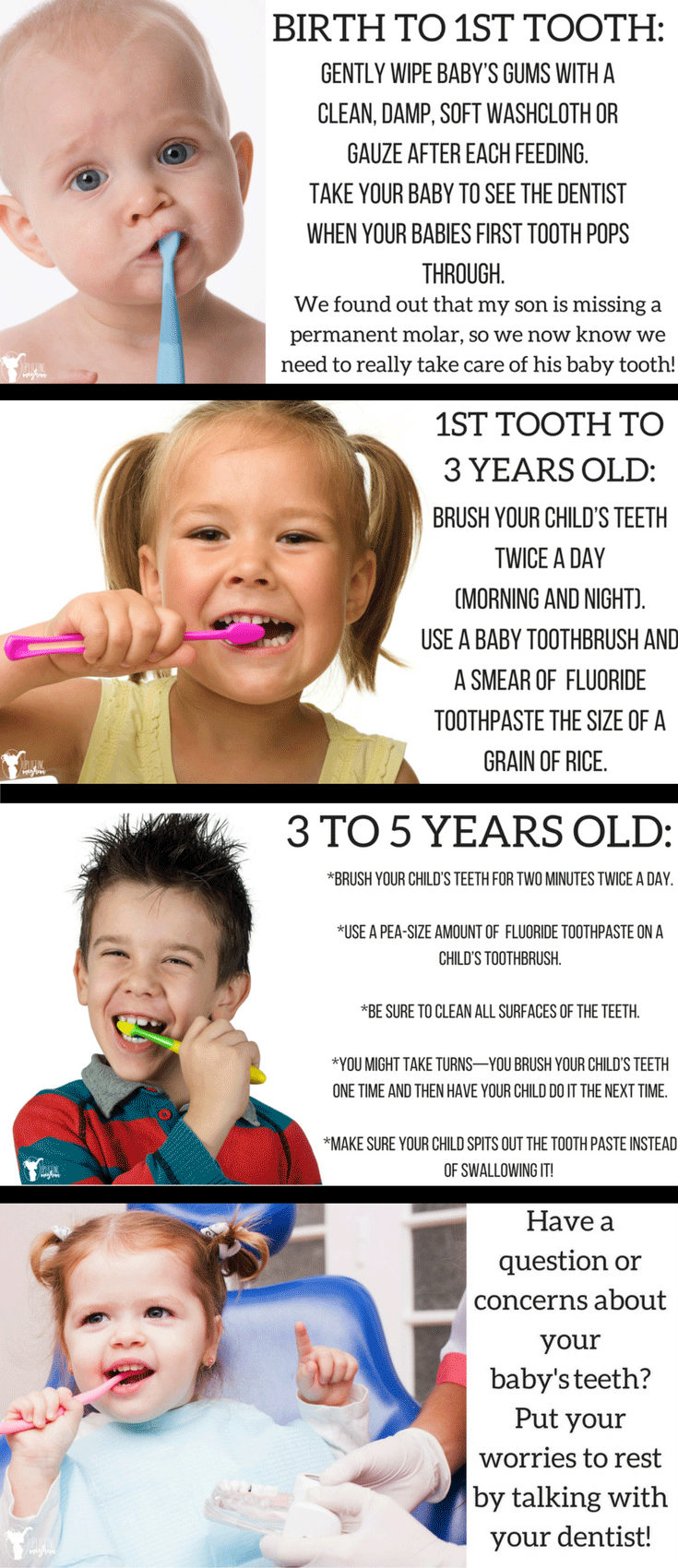
The Ultimate Guide to Baby Teeth Care: Nurturing Healthy Smiles from the Start
Introduction
Baby teeth, also known as primary teeth or milk teeth, play a crucial role in a child’s overall health and development. They serve as placeholders for permanent teeth, aid in speech development, and provide proper nutrition. Neglecting baby teeth can lead to a myriad of oral health issues, affecting both the child’s present and future dental well-being. This comprehensive guide will provide you with the essential knowledge and practical tips to ensure optimal care for your child’s baby teeth.
Understanding Baby Teeth
Baby teeth begin to erupt around 6 months of age, with the first tooth typically appearing in the lower front. By age 3, most children have a full set of 20 baby teeth. These teeth are smaller and whiter than permanent teeth and have thinner enamel, making them more susceptible to decay.
The Importance of Baby Teeth
- Placeholders for Permanent Teeth: Baby teeth hold the space for permanent teeth to erupt in their proper positions. Premature loss of baby teeth can lead to crowding or misalignment of permanent teeth.
- Speech Development: Baby teeth play a vital role in speech development, helping children to pronounce words correctly.
- Nutrition: Baby teeth are essential for chewing and biting, enabling children to consume a nutritious diet.
- Overall Health: Oral health is linked to overall health. Neglecting baby teeth can increase the risk of infections and other health problems.
Establishing Good Oral Hygiene Habits
- Start Early: Begin cleaning your child’s gums even before teeth erupt, using a soft cloth or gauze.
- Brush Regularly: Once teeth appear, brush them twice a day with a soft-bristled toothbrush and a pea-sized amount of fluoride toothpaste.
- Use Fluoride: Fluoride strengthens enamel and helps prevent cavities. Use fluoridated toothpaste and consider fluoride supplements if recommended by your dentist.
- Limit Sugary Drinks and Foods: Sugary substances feed bacteria in the mouth, leading to tooth decay. Limit your child’s intake of sugary drinks, candy, and processed foods.
- Avoid Thumb Sucking and Pacifier Use: Prolonged thumb sucking or pacifier use can deform the roof of the mouth and misalign teeth. Encourage your child to break these habits by age 3.
Preventing Cavities
- Regular Dental Checkups: Schedule regular dental checkups starting at age 1. Your dentist can assess your child’s oral health, clean their teeth, and apply fluoride treatments.
- Sealants: Dental sealants are thin coatings applied to the chewing surfaces of molars and premolars. They create a barrier against bacteria and food particles, reducing the risk of cavities.
- Limit Snacking: Frequent snacking exposes teeth to acids and bacteria. Encourage your child to eat healthy meals and limit snacks between meals.
- Avoid Bedtime Bottles: Giving your child a bottle of milk, juice, or formula at bedtime can lead to "bottle rot," a condition that causes severe tooth decay.
Common Baby Teeth Problems
- Cavities: Cavities are the most common dental problem in children. They are caused by bacteria that feed on sugars and produce acids that damage tooth enamel.
- Gum Disease: Gum disease is an infection of the gums that can lead to bleeding, swelling, and pain. It is caused by bacteria that accumulate on the teeth and gums.
- Toothaches: Toothaches can be caused by cavities, gum disease, or trauma. They can be severe and require prompt dental attention.
- Trauma: Baby teeth are more susceptible to trauma due to their thinner enamel. Falls, accidents, or sports injuries can damage or knock out baby teeth.
Managing Baby Teeth Problems
- Cavities: Your dentist will remove the decayed portion of the tooth and fill it with a filling material.
- Gum Disease: Your dentist will clean your child’s teeth and gums and recommend a treatment plan to control the infection.
- Toothaches: Over-the-counter pain relievers can provide temporary relief. Contact your dentist promptly for a proper diagnosis and treatment.
- Trauma: If a baby tooth is knocked out, contact your dentist immediately. They may be able to reimplant the tooth or provide other treatment options.
Transitioning to Permanent Teeth
Around age 6, permanent teeth begin to erupt. The first permanent molars appear behind the baby molars, followed by the incisors and canines. By age 12-13, most children have a full set of 28 permanent teeth.
During this transition period, it is important to continue practicing good oral hygiene habits and maintaining regular dental checkups. The baby teeth will gradually loosen and fall out, making way for the permanent teeth.
Conclusion
Baby teeth are essential for a child’s overall health and development. By following the tips outlined in this guide, you can ensure optimal care for your child’s baby teeth, laying the foundation for a lifetime of healthy smiles. Remember, establishing good oral hygiene habits early on and maintaining regular dental checkups are key to preventing dental problems and promoting a healthy, confident smile.
